Millennials, Gen-Zs?: Why Knowing the Right Audience Matters

Understanding your audience is a key part of creating an effective marketing strategy, especially on social media. To form genuine connections and get tangible results, it’s essential to communicate honestly and directly with the people who matter most to your business.
Identifying Your Audience

In the vast landscape of social media, numerous brands and businesses leverage these platforms to connect with potential customers. It’s tempting to cast a wide net and try reaching as many people as possible, but the truly successful brands on social media are those that intimately understand their audience and speak directly to them through their content.
A straightforward way to define your audience is by creating a persona. This persona is like a fictional character embodying the key characteristics of your ideal customer, helping you gain insight into their needs, aspirations, and motivations. Typically, your persona should encompass:
- Demographic Details: Information such as age, income, and geographic location.
- Goals and Challenges: Understand what goals your customer is aiming for and the challenges they may face. Figure out how your product or service can assist them in achieving those goals or overcoming those challenges.
- Barriers to Purchase: Identify any obstacles that might hinder them from making a purchase, like concerns about cost or misunderstandings about your product or industry.
To be even more precise, you might need to segment your target audience based on where they stand in the buying process. If your customers usually take their time before deciding to purchase, consider this aspect. For instance, while building an audience of potential buyers, you may find it beneficial to focus on:
- Previous Customers: Those who have previously engaged with your business and might make repeat purchases.
- Interested Prospects: People who have demonstrated interest by subscribing to your newsletter or visiting your website, but haven’t yet made a purchase.
- Similar Potential Customers: Individuals who closely resemble your core customers but may not yet be aware of your business.
Reasons Why Knowing Your Target Audience Matters

- Effective Communication: When you grasp who your audience is, you can customize your messaging to cater to their distinct needs, interests, and preferences. Tailoring content to resonate with them, employing suitable language, and addressing their pain points heightens the chances of engagement. This approach fosters interactions and forges a genuine connection between you and your audience.
- Relevance and Value: Identifying your target audience empowers you to create content that holds relevance and value for them. Armed with insights into their demographics, interests, and motivations, you can provide information, products, or services that precisely meet their desires or solve their problems. By delivering content aligned with their needs, you increase the likelihood of attracting and retaining their attention. This, in turn, builds trust and positions you as an authority in your niche.
- Efficient Resource Allocation: Social media platforms offer a wealth of data and tools for audience analysis. By leveraging these insights, you can fine-tune your marketing efforts, allocate resources judiciously, and concentrate on channels or strategies most likely to reach and engage your target audience. This efficiency saves valuable time, effort, and resources that might otherwise be squandered on ineffective or irrelevant approaches.
- Building a Community: Understanding your target audience paves the way for creating a sense of community and belonging. Tailoring your content and engaging with your audience encourages them to interact not only with you but also with one another. This nurtures a supportive environment where they can share experiences, exchange ideas, and offer feedback. A robust community centered around your brand fosters brand loyalty, generates word-of-mouth marketing, and can result in expanded reach and visibility.
- Goal Achievement: Knowledge of your target audience enables you to set precise goals and gauge your success more effectively. Understanding their demographics and behaviours allows you to establish metrics for tracking progress, such as follower growth, engagement rates, or conversions. Armed with this knowledge, you can fine-tune your strategies and tactics to enhance your outcomes and achieve your objectives.
Wrapping Up






